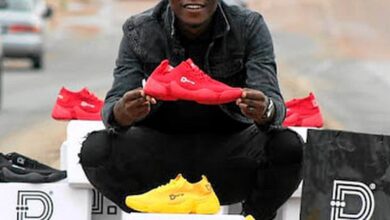
Retailers Limit Essential Goods Sales Amid ZiG Crisis
Harare, Zimbabwe – In a bid to manage panic-buying and growing distrust in the Zimbabwe Gold (ZiG) currency, several retailers across Zimbabwe have introduced a “one item per person” policy for essential goods such as milk.
CZR Urges Government to Rescue Struggling Retail Sector
This move follows the recent devaluation of the ZiG, which has sparked fears of economic instability and threatens the survival of formal businesses.
Major retailers, including Pick n Pay and OK Supermarket, have issued warnings that they may be forced to shut down operations following the shock devaluation of the ZiG. The currency, which the government claims is backed by physical gold, was devalued by 43% last week, creating widespread confusion and uncertainty among consumers and businesses alike.
A retail sector watchdog, Zimpricecheck, has criticised the government's handling of the currency, stating that the sudden devaluation “contradicts recent government assurances about the ZiG’s stability and its purported gold backing.”
Retailers have struggled with the official exchange rate for the ZiG, which they argue is artificially high, forcing them to sell goods at unsustainable prices. Many shops are finding it difficult to stay afloat, with some considering closure if forced to continue operating under the current exchange rate system.
Retailers Limit Essential Goods Sales Amid ZiG Crisis
The Reserve Bank of Zimbabwe’s Financial Intelligence Unit (FIU) has attributed the exchange rate volatility to illegal money changers, with over 300 individuals arrested so far and their accounts frozen.
GoZ to Review Civil Servants Salaries After ZiG Devaluation
One high-profile case involves Neville Mutsvangwa, the son of senior Zanu PF officials, who faces charges of illegally trading foreign currency. His parents claim he is being targeted by political rivals within the ruling party.
Despite these arrests, black market foreign currency trading remains rampant. A forex trader, speaking anonymously, said, “The same police sent to arrest us also need our assistance. Their salaries lost value last week, making them more interested in corruption for survival.”
While formal retailers are required to accept ZiG payments, informal vendors and tuckshops often refuse the currency, further exacerbating the problem.
As a result, intermediaries have emerged to facilitate transactions between formal shops and informal traders, who act as unofficial outlets for larger retailers. Some formal shops have resorted to turning off their point-of-sale machines to avoid accepting ZiG altogether.


























